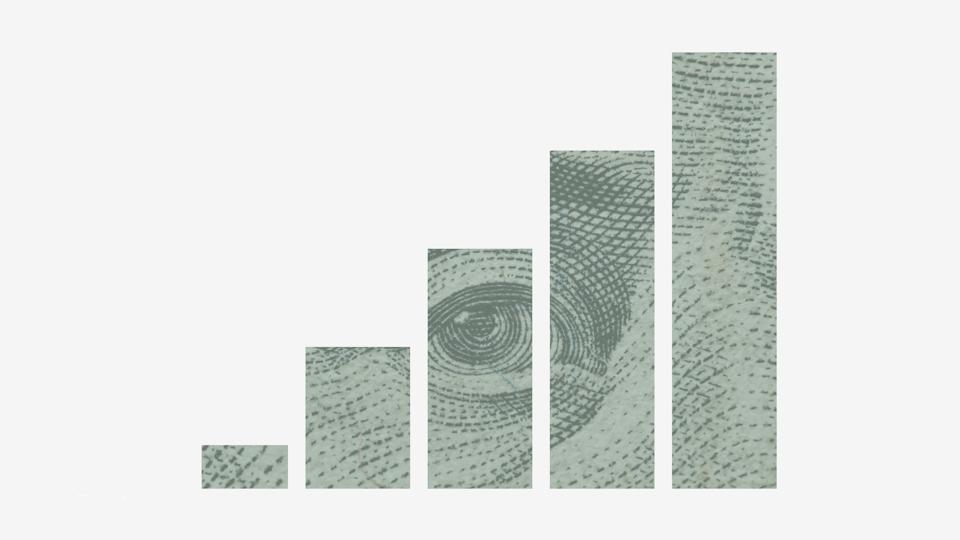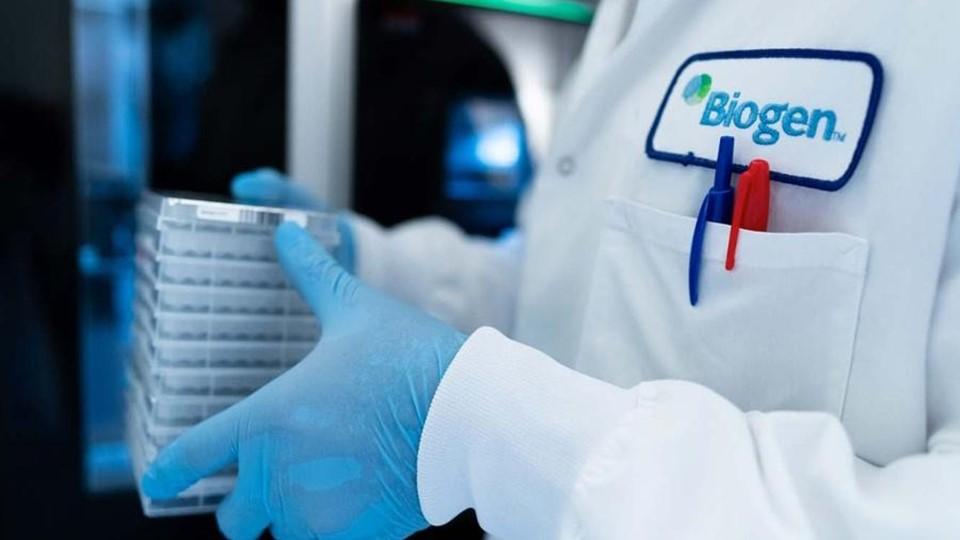European big pharmas raise guidance on stronger sales

AstraZeneca, Roche, and Sanofi released their second-quarter results today, with a common theme – strong sales growth that caused them to raise their financial guidance for the year.
For AstraZeneca, strong sales of its cancer medicines drive revenues up 18% in the first half of the year to $25.6 billion, ahead of analyst expectations, as it chases a target of $80 billion in revenues by the end of the decade. Its revenue and earnings per share is expected to increase by a mid-teens percentage this year, a slight increase on earlier guidance.
Chief executive Pascal Soriot said the ambitious target set in May is "a clear reflection of the substantial growth potential we see from both our approved medicines and those in our late-stage pipeline," pointing to phase 3 readouts this year that could be practice-changing.
That included new data for Imfinzi (durvalumab) in bladder cancer and for Daiichi Sankyo partnered Enhertu (trastuzumab deruxtecan) in HER2-low breast cancer. Overall, AZ's oncology sales rocketed 22% to $10.4 billion in the quarter, led by a 62% gain for Enhertu to $932 million, although, analysts said both Imfinzi and Enhertu had grown a little slower than anticipated.
The headline news for Sanofi was that its immunology behemoth Dupixent (dupilumab) made upwards of €3 billion in quarterly revenues for the first time, underpinning a 7.8% rise in overall revenues at the group to €10.7 billion, which is the strongest seen by the group for some time.
Dupixent made €3.3 billion in the second quarter, keeping it on target to reach an annual sales figure of around €13 billion, an objective that will be made easier by its recent approval for chronic obstructive pulmonary disease (COPD), its sixth disease indication. There was also a stellar contribution from long-acting haemophilia A therapy Altuviio (efanesoctocog alfa), which grew 772% to €158 million in the second quarter.
The company now expects 2024 earnings per share to be flat compared with 2023, an improvement on its previous forecast of a low single-digit decline at constant exchange rates.
Finally, Roche raised its full-year earnings guidance to the high single-digit range, from an earlier mid-single-digit prediction, as it reported a 5% rise in first-half revenues to CHF 29.8 ($33.9 billion), with pharma rising by the same margin to CHF 22.6 billion.
The star of the pharma division was ophthalmic medicine Vabysmo (faricimab), which saw a 300%-plus rise in sales CHF 1.8 billion from January to June, with additional momentum expected from the launch of a prefilled syringe formulation that was cleared by the FDA earlier this month.
All eyes are on Roche's pipeline, which has been viewed as weak in recent years after a series of late-stage failures and which chief executive Thomas Schinecker has pledged to improve, cutting a fifth of its lower-priority programmes earlier this year and adding others through deals like its $3.1 billion acquisition of obesity specialist Carmot Therapeutics last December.
Photo by Morgan Housel on Unsplash












